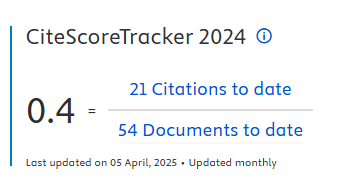A Cooperative Approach to Academic Entrepreneurial Initiatives
DOI:
https://doi.org/10.5585/iji.v4i1.79Keywords:
Academic Entrepreneurship, Entrepreneurial Model, Product Innovation, Spin-Off Company, CooperativesAbstract
In this article we introduce a novel entrepreneurial model, the “Faculty Cooperative”, an eco-system for creating and managing academic entrepreneurial initiatives. The goal of this model is to promote academic entrepreneurism, by providing a guiding concept and tools that overcome the lack of alignment between individual academic attributes and faculty efforts in driving academic spin-out companies. Through an empirical inquiry based on an academic spin-out company in a UK university context, we have explored the key activities, actors, organisational processes and outcomes related to the formation and development stages of the academic entrepreneurship process. The empirical evidence reveals that the key principles embodied by the “Faculty Cooperative Model” namely, openness, freedom and collective shareholding, are likely to promote the entrepreneurial culture within a university context. The paper argues for the importance of developing entrepreneurial culture in conventional research focused universities, which not only improves the traditional values of teaching and research, but also enhances the dynamic capabilities of universities in a global marketplace. It is suggested that the entrepreneurial ideal is not contradictory to the conventional university missions, rather it is complementary.
Downloads
Downloads
Published
How to Cite
Issue
Section
License
Copyright (c) 2018 International Journal of Innovation

This work is licensed under a Creative Commons Attribution-NonCommercial-NoDerivatives 4.0 International License.
- Abstract 346
- Pdf/English 221












